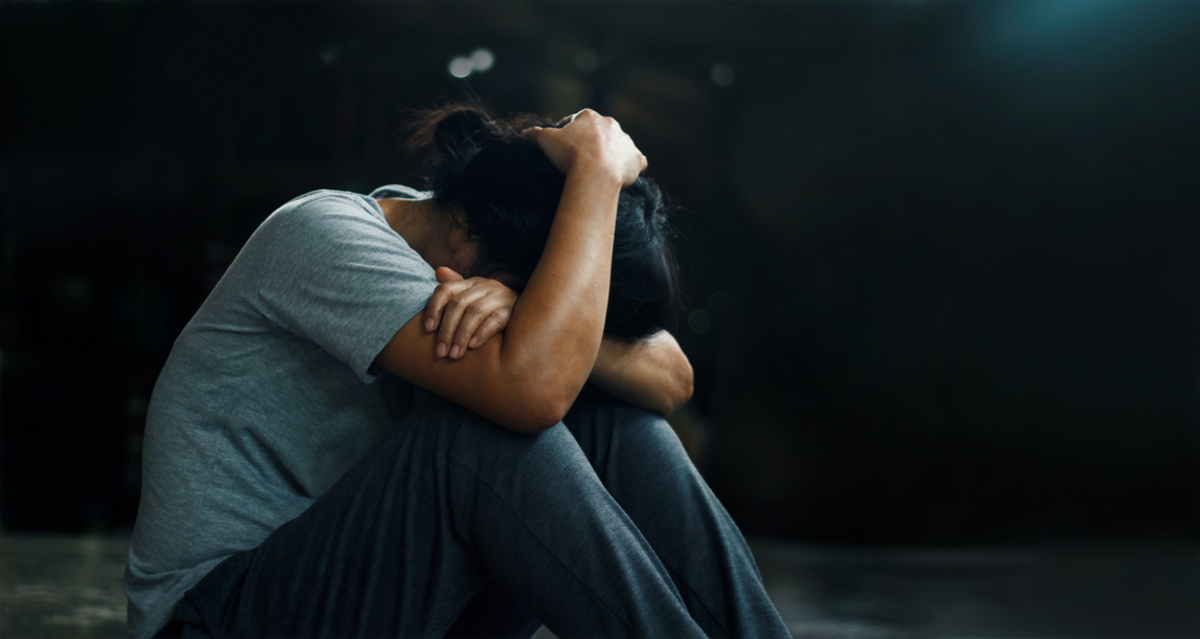Stanford University's Elimination of Harmful Language Initiative, first launched in May, came out in December 2022. Here is an Archive version for those who can't log in. The shockingly long list seeks to educate people about words and terms that may have a harmful impact, and, as the project's name suggests, seems to eliminate them.

Stanford's EHLI includes terms that are so obviously offensive that nobody should clearly be using them outside of an academic discussion about their meaning and history. It also contains terms that boggle the mind and beg the question — are we setting our children up to be offended by literally everything?
What Words and Terms Does Stanford University's Elimination of Harmful Language Initiative Seek to Do Away With?
Stanford's EHLI includes clearly offensive slurs, such as the one that's come to be referred to as the "R word". A whole host of other slurs, like the one that's come to be referred to as the "N word", didn't make it onto the list, along with some of the most vile swear words. I guess Stanford assumed that we already knew not to use those.
Some of the words and terms of the word are surprising, however, and here are some examples:
- Addict is out, and the term "person with a substance use disorder" is suggested instead. (I've known a lot of addicts in my time, and none would have preferred this more politically-correct version.)
- The verb "abort," as in "abort the mission" is out due to moral concerns over the termination of pregnancies, and to be replaced with "cancel" or "end".
- The word "survivor," which historically replaced the word "victim" to give survivors a sense of empowerment, has been deemed a no-go zone. The suggested replacements are "person who has experienced" or "person who has been impacted by". (Can you seriously imagine referring to "someone who has experienced the Holocaust," as if talking about a rollercoaster ride? Or try "person who has experienced rape" on for size? The suggested replacement is far more offensive than the original.)
- The term "blacklist," as in banning people, has been deemed harmful and is to be replaced with "denylist" or "disallowed," on the grounds that blacklist has racist connotations. It doesn't. Check its etymology here. Blacklist joins a giant list of other words and phrases containing references to black and white, including "gray". On the other hand, Stanford also says "African American" is out and we should say "Black" instead.
- "Trigger warning" itself is considered to be too triggering, and we're supposed to say "content warning" instead. (As someone with PTSD, I'm never triggered by anything hidden under the guise of trigger warnings, but by everyday things like doorbells and certain smells. Should I be offended that all the rom coms in which doorbells are rung don't have trigger warnings, or — sorry — "content notes," or should it be up to me to work through that in therapy?)
- Killing two birds with one stone is out, because Stanford thinks it normalizes violence against animals. "Accomplishing two things at once" is the suggested replacement. (Are these people all vegetarian? If not, do they not normalize violence against animals?)
What Is Happening Here?
Stanford isn't alone. Grammarly recently warned me against using both "blacklist" and "workmanship" on the grounds that they could be discriminatory. This first one despite the fact that black-white dualism can be found in nearly all cultures historically, and that it refers to night and day rather than race.
Are our young generations growing up to be offended by everything? Mechanically, and without considering how words could actually impact people? Gen Z is already the most anxious generation alive today. Could efforts like this be adding to that, either because people are offended by everything or because they're afraid to offend others?
Are We Forgetting the Importance of Resilience?
Some psychological papers define resilience as "positive adaptation despite experiencing adversity". The rest of us know it as finding a way to get on with life after something bad (ranging from unpleasant to downright catastrophic) happens to us. Small studies have already found that Gen Z, people born between 1997 and 2012, are less resilient than their elders, specifically in the face of the COVID-19 pandemic.
Unlike those of us who belong to Gen X and or are Millenials, Gen Z is growing up in a largely digital world that's also marked by climate change, a renewed threat of global war, terrible economic worries, and of course in the shadow of COVID-19.
The "youth of today" has legitimate concerns that many of their parents didn't have to grow up with, and it's no wonder they're anxious. Do we also have to tell them that they have to have an offensive word list at their desk to ensure they don't offend anyone?
What happens when elders tell them that "Holocaust survivor" is a whole lot more respectful than "someone who experienced the Holocaust"? Is this offensive language blacklist accomplishing what it likely intended to (a fairer and more equitable world), or is too much getting lost in translation? You decide. Decide, and take charge of your vocabulary. Just don't forget to consider how this "everything is offensive" trend is impacting our youngsters' mental health or their ability to interact with the history of the English language — because make no mistake, it will.


Your thoughts on this